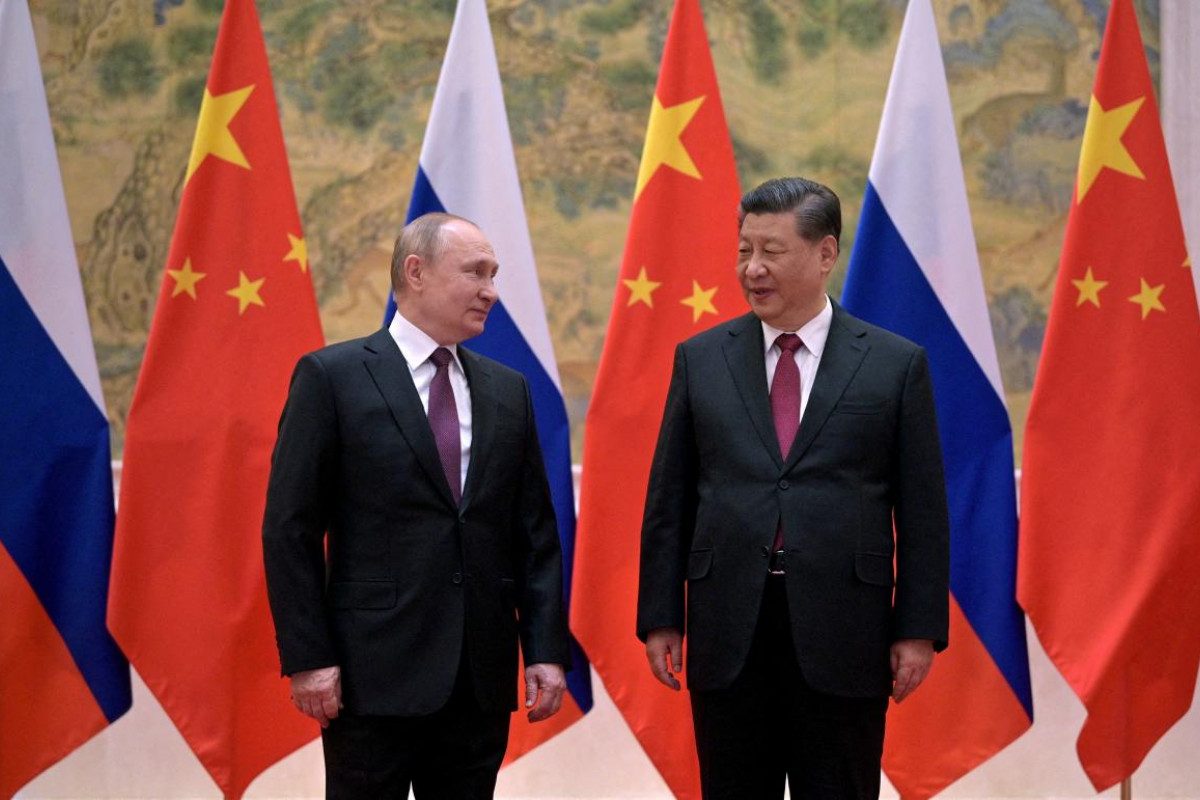South Korea-US Alliance Downgraded to ‘2nd Class’
President Joe Biden’s foreign policy slogan when he took office was “America is Back.” Unlike the previous administration of Donald Trump, who constantly clashed with allies given his “America First” policy, Biden expressed a willingness to restore alliances and multilateral diplomacy. The United States addressed the fact that the ROK-U.S. alliance is the linchpin of security and prosperity in the Indo-Pacific region.
However, the U.S. withdrawal from Afghanistan revealed the cold reality that not all alliances are the same. Biden justified withdrawal in Afghanistan, saying, “I will not repeat the mistakes we’ve made in the past of staying and fighting indefinitely in a conflict that is not in the national interest….” Ukraine is no exception. The U.S. talks about implementing financial sanctions and export controls in the event of a Russian invasion as part of its effort at diplomacy and is providing military supplies, but that’s it. “We will send troops to neighboring countries, but there will be no direct intervention in Ukraine,” Biden said.* That means that the U.S. has no intention of shedding blood for Ukraine, a strategic partner.
North Korea test-fired seven missiles in January alone. It is the first time since North Korean leader Kim Jong Un took office in 2011 that North Korea fired seven missiles in a single month. Although the international community is busy preparing to respond, as we saw with three emergency meetings convened by the U.N. Security Council, and the imposition of sanctions by the United States, the South Korean government and ruling party, which should respond most actively, are merely watching out for North Korea and China. South Korea does not condemn North Korea or create provocation there, and does not protest against China, which is shielding North Korea. South Korea has been consistently passive in its participation in the QUAD (a four-way security dialogue between the United States, Japan, Australia and India), which allows United States to keep China in check. On the other hand, the United States, an ally which supports South Korea’s national security, boasts that the alliance is in America’s interest.
However, there are no permanent alliances. Even if South Korea’ holds great geopolitical and economic importance , the U.S. won’t wait for South Korea if it remains ambiguous about pursuing balanced diplomacy with the United States and China. There are already ominous signs, with the U.S. discussing the North Korea missile issue with Japan first, and an increasing number of U.S. experts taking South Korea’s absence on China issues for granted. If the South Korea alliance with the United States weakens or disappears, it will be concerning how China will deal with Korea, which it has regarded as a vassal state for 2,000 years.
*Editor's Note: This quotation, accurately translated, could not be verified.


